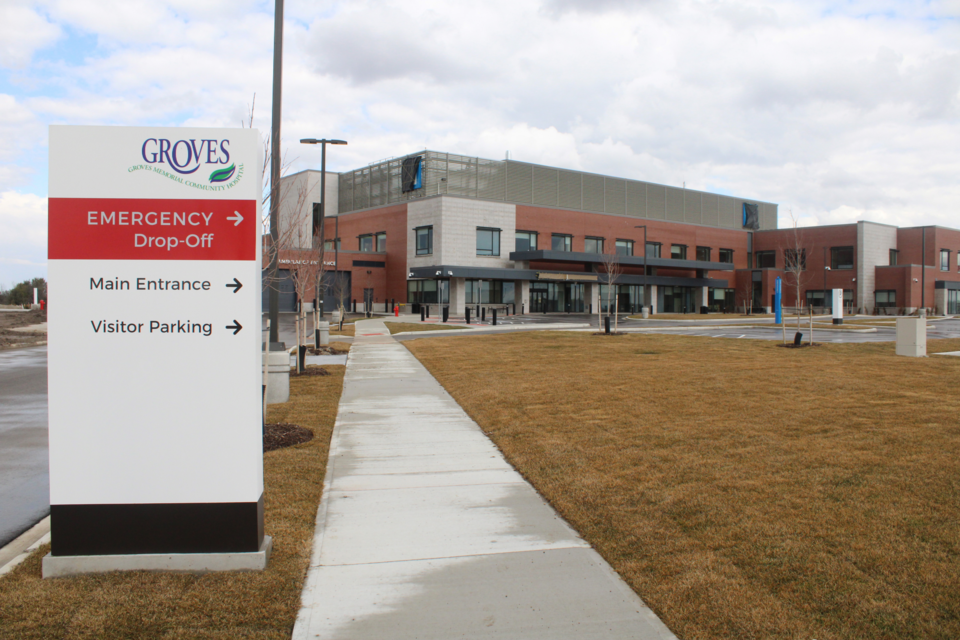WELLINGTON COUNTY – Hospital officials from Wellington County are concerned about the ongoing impact to the healthcare system as variants begin to emerge in the region.
Representatives from the Wellington Health Care Alliance (WHCA), the corporation overseeing the county’s three hospitals, gave a presentation to Centre Wellington’s committee of the whole on Monday.
Jill Schitka, chief nursing executive, explained emergency visits were reduced during the early times of the pandemic likely out of avoidance. Now emergency department visits have returned to pre-pandemic levels but are now having a greater impact.
“The patients that are coming now are higher acuity, more ill, more unwell and maybe waiting to not try to come,” Schitka said. “That is requiring more resources, we have stricter isolation protocols ... that also increases length of stay in the emergency department.”
The redeployment of staff to assessment centres, vaccination clinics and to help manage outbreaks in care settings are also straining staff resources.
At Caressant Care Arthur, where WHCA voluntarily took over management, Schitka said they logged roughly 8,000 staff hours in two months.
“This has impacted us staffing-wise in an already difficult situation,” Schitka said.
She said staff are beginning to report being “burnt out” and the senior team is exploring ways to have a more impactful wellness strategy.
Variants of concern (VOC) are also beginning to bring in a new set unknowns to the healthcare system.
Rebecca Stuart, director, quality and patient safety at WHCA, said the B.1.17 VOC —also known as the UK variant—has been identified within the WDG Public Health region.
In an email, Stuart said there have been five confirmed cases of the UK variant in the region and 132 additional tests that have screened positive for a mutation but not a specific one.
She said the concern around this variant is the enhanced transmissibility and increased risk of hospitalization or death.
Stuart presented data as of March 14 that showed a reproductive rate of all variants at 1.3 which indicates exponential growth.
“What that tells us for every one person that has COVID, they’ll spread it to 1.3 people on average,” Stuart said.
Comparatively, the early-variant of COVID reproductive number was below one as of March 14.
“Increased transmissibility simply means more people are going to be sick, we have an increased incidence of disease,” Stuart said.
This means there will be an increase in severe cases including deaths.
“This in turn puts a strain on the system and hospital services,” Stuart said.
Continued spread of the disease creates another set of problems as Stuart explained this makes it more likely to mutate again.
Stuart said each new variant creates a new set of unknown impacts.
“We’ve been fortunate with the mutations with the VOCs so far identified don’t seem to be evading the efficacy of the vaccine but what if that were to change?” Stuart said. “What if there were to be a much higher mortality rate from a variant. That’s the risk of any mutation further developing.”



